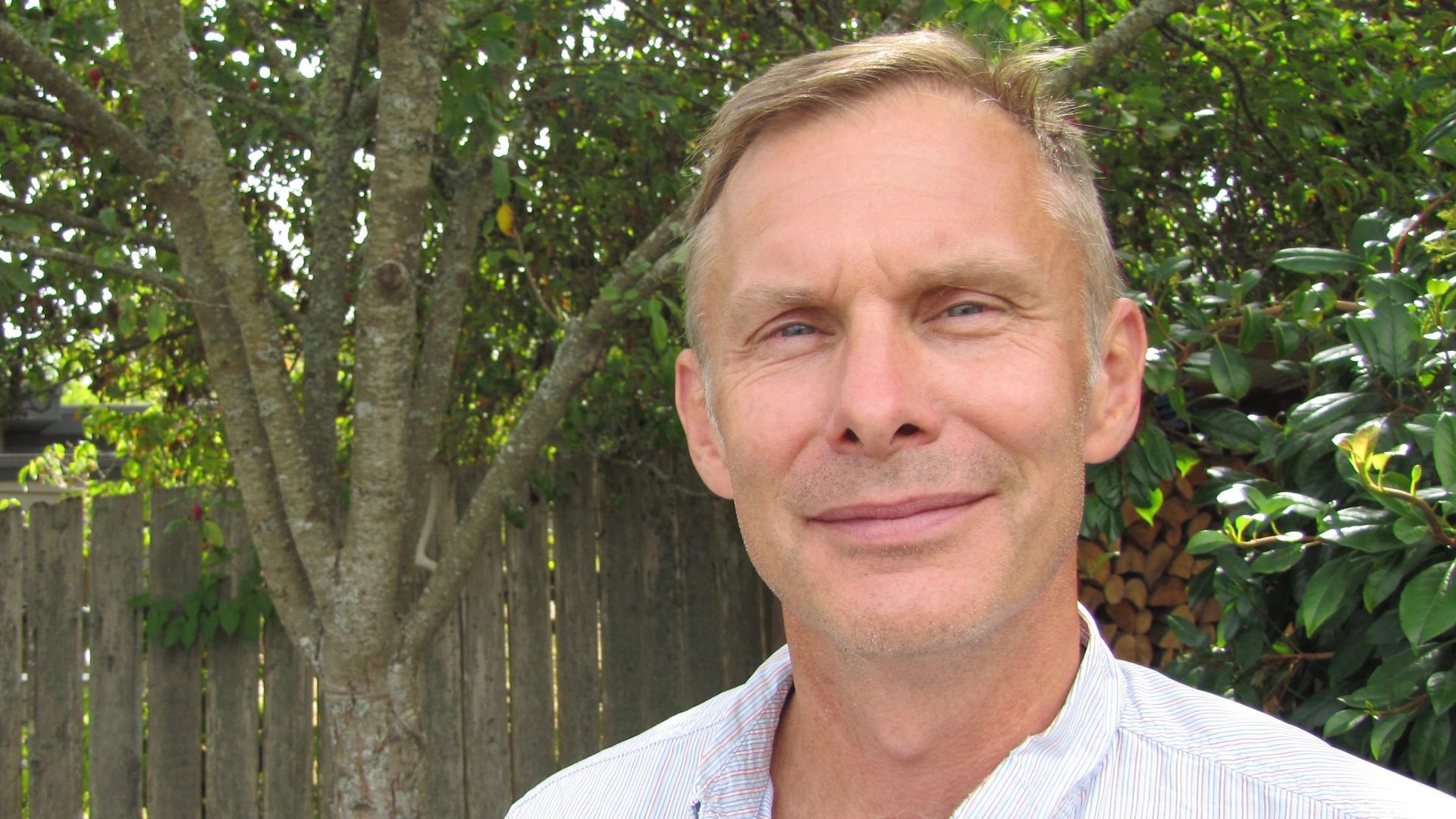How climate change and Donald Trump brought an end to this diplomat’s career
Dave Rank was the top US diplomat in China when President Trump announced he would pull the US out of the Paris Climate Agreement. His refusal to help implement that decision ended his 27 years in the foreign service.
Ask Dave Rank these days what he does and you’re likely to get an answer at once oblique and revelatory: “Boy, what am I?”
Among other things, he’s a man trying to get used to his new status as an ex-diplomat after 27 years in the foreign service — a tenure that ended when, for the first time, he refused an order from Washington.
His most recent posting was as head of the US embassy in Beijing and acting ambassador to China. It would’ve been his responsibility to officially notify the Chinese government of President Donald Trump’s decision to pull the US out of the Paris Climate Agreement.
“I just couldn’t do it,” because the president’s decision was wrong in so many ways, Rank says.
“It's wrong as a matter of US interests. It's wrong for the future of our kids, and just wrong morally. … That’s the first time in my career where those three aligned like that.”
The 2015 Paris Climate Agreement, under which countries around the world committed for the first time to report how much greenhouse pollution they’re emitting and how they’ll reduce it, was a feat of international diplomacy. It took decades to negotiate, built on years and years of international meetings and summits and whole libraries of scientific reports.
And for Rank, a lifelong diplomat, it was deeply inspiring.
“The issue that really unifies the world — you know 198 countries agree on — is the threat of climate change. There’s nothing out there that unites the world like the need to take on climate,” he says.
And he says the US and China were the key players in making it happen, and making it work.
Rank’s tenure in the foreign service saw him stationed all over the world, from the tiny island nation of Mauritius to Afghanistan to six postings in China. And there had been plenty of times over the years when he had to embrace policies he didn’t agree with, coming from presidents of both parties. It’s part of life in the foreign service.
But he knew he couldn’t uphold this one.
He knew President Trump had promised to leave the Paris deal while on the campaign trail, but he couldn’t believe that he would actually follow through on that pledge. Until it happened, on a Friday in June.
“It really hit me, ‘wow, we are honestly doing this,’” he remembers. And he also remembers his response.
“What I said was, ‘I'm not going to have any role in the implementation of this decision, and I'm not going to ask people who work for me to do something that I wouldn't do. So I'm not quitting, but I'm not going to be part of this decision.’”
Soon after that, he found himself out of a job and on a plane home to the US.
Rank says he never thought of himself as a “climate guy,” or even an environmentalist. But that began to change during his time in China, where he experienced environmental challenges in a whole new way. He gained an urgent sense of the biggest global environmental challenge of all.
He’s not sure what’s next for him, he says, but he is sure about one thing.
“You have to make yourself a climate person in one way or another. It can't be, ‘that's not my issue.’ You have to think in terms of longer term, and in terms bigger than yourself. And it's tough, we're not used to it. … And there's probably not one answer [to how to do it]. But the answer can't be ‘it's someone else's issue.’"
This story was produced through a collaboration with the podcast Terrestrial, from KUOW in Seattle.
Check out all The World's Climate Change coverage here.
